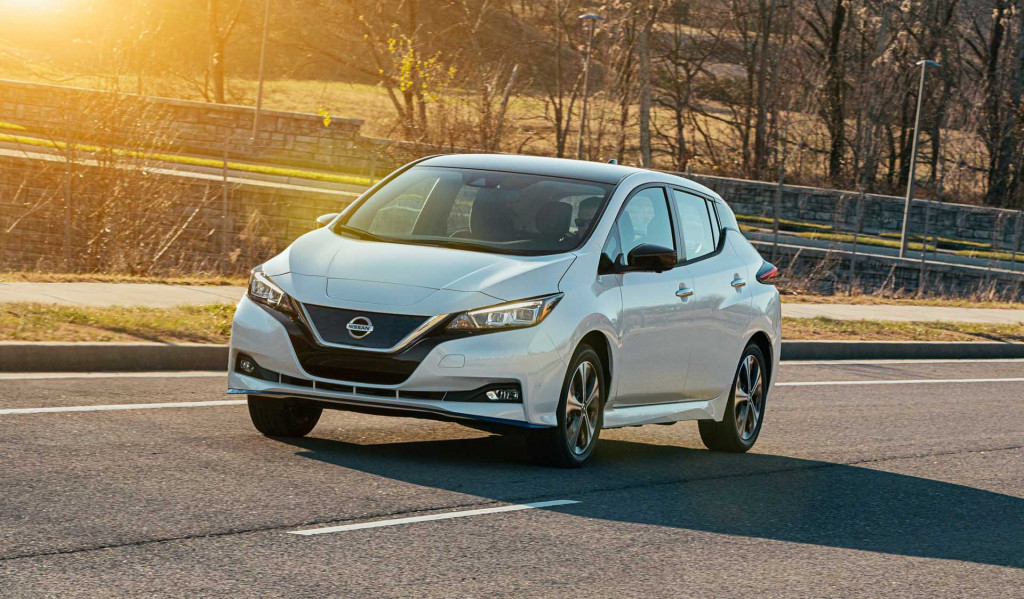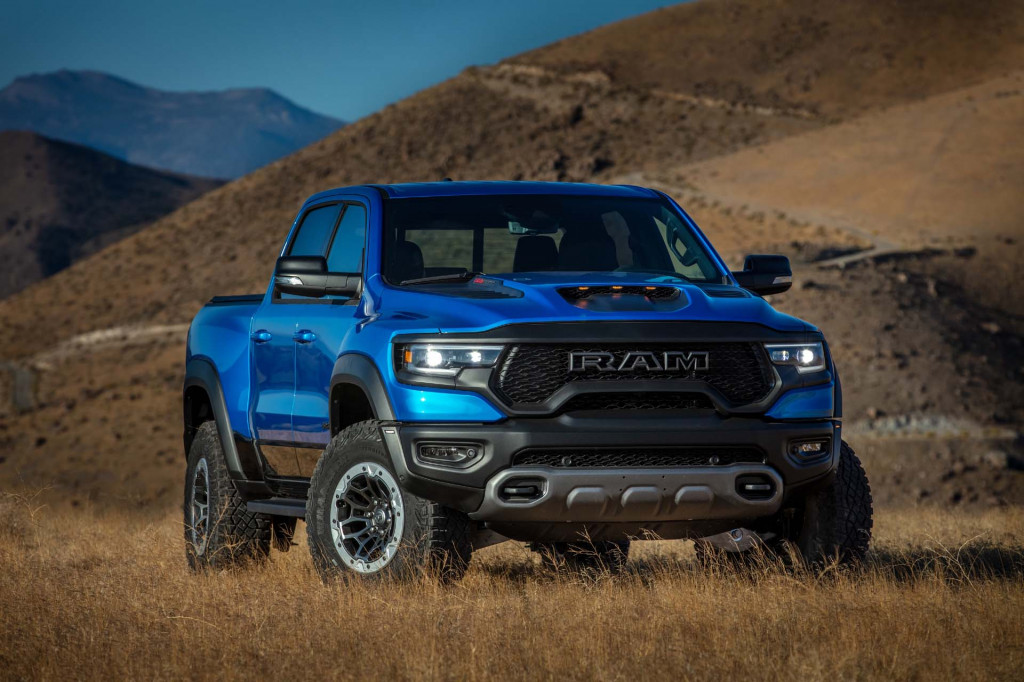Environmental groups call out carmakers opposing cleaner California standards, EV mandate
Following a change of allegiance by General Motors, environmental groups are calling out the remaining automakers that still oppose California’s ability to set its own, stricter, emissions standards.
On Wednesday, leaders of the Sierra Club, Environmental Defense Fund, National Resources Defense Council, and Union of Concerned Scientists issued a statement calling on eight automakers to end support of a Trump administration lawsuit seeking to strip California of its Clean Air Act waiver, which allows the state to set its own emissions standards that go above and beyond federal standards.
Following GM’s withdrawal of support for the lawsuit, the remaining automakers supporting the Trump administration include: Fiat Chrysler Automobiles (FCA), Hyundai, Kia, Mazda, Mitsubishi, Nissan, Subaru, and Toyota, according to the statement.

2020 Nissan Leaf
“We respectfully request that you immediately withdraw from litigation against the vital U.S. and state clean cars program,” the environmental-group leaders said. “We also ask that you publicly commit to provide leadership in supporting the next generation of clean car standards to help eliminate the array of climate, nitrogen oxides, and particulate pollution from new motor vehicles by 2035 while creating new high quality jobs.”
Ford, which has sided with California from the start, also reportedly nudged other automakers to back a deal with California ahead a Tuesday virtual meeting of an industry trade group, Reuters reported. None of the automakers appear to have reversed course, however, and Bloomberg reported that the automakers “didn’t reach a consensus on accepting California’s clean-air rules.”

2021 Ram 1500 TRX
The incoming Biden administration is certain to withdraw the attack on California’s Clean Air Act waiver, allowing it to set its own emissions rules, and continue mandating sales of zero-emission vehicles from mainstream automakers.
A number of automakers sought a deal with California last summer that allowed more flexibility versus what state officials had been seeking—but still paved the way for more electric cars.
In September, California announced that it would end sales of new gasoline vehicles by 2035.
GM finally budged on the issue late last month—on the day that the Biden administration’s transition formally started. This was after plenty of feedback that GM’s standoff was costing it—especially in its image remake as an EV-focused company.

